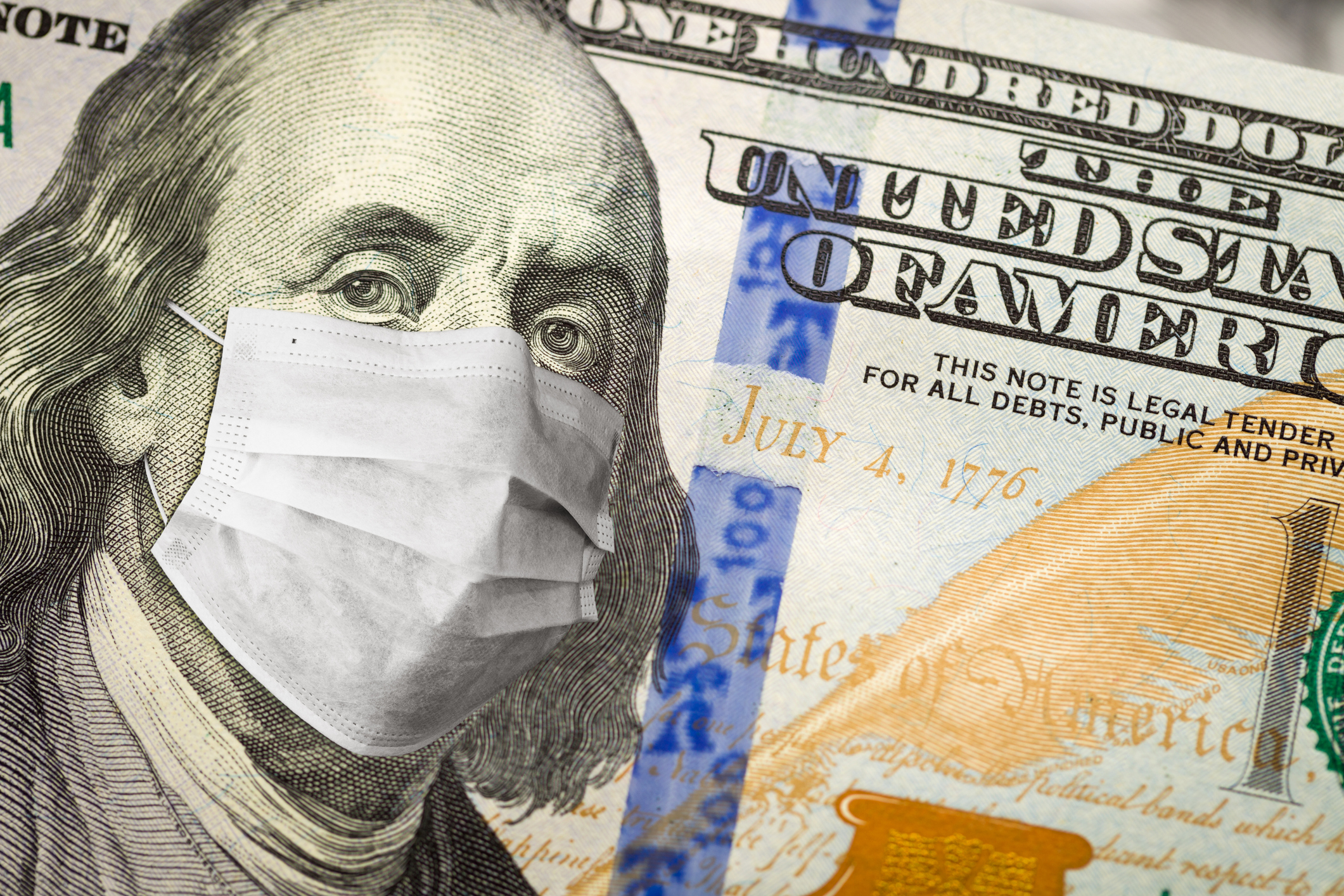Coronavirus and the Recession of 2020 – What It Means for Workers’ Compensation
It is no secret that the COVID-19 pandemic is already wreaking havoc on the economy. It this session at NCCI’s AIS Virtual Conference, Robert Hartwig, PhD, CPCU, presented the pandemic’s effect on our economy and the workers’ compensation system.
The property/casualty industry is entering the COVID-19 era with significant financial strength, which is positive. The industry ended 2019 with a record $858 billion in policyholder surplus. The pandemic, however, will stunt growth in 2020 and likely into 2021, due to huge amounts of exposure for the industry. Commercial lines will likely be more severely hit than personal lines.
Workers’ compensation and business interruption are predicted to receive the largest impact. Hartwig reports estimates up to a 25% reduction in workers’ compensation premium written. Regarding claims frequency, commercial auto is experiencing a sharp decline, but it is not likely to offset the astronomical amount of medical claims anticipated.
The investment market will also have a large impact on the industry. Interest rates are dramatically decreasing and there is severe volatility on Wall Street. At the height of the volatility, the market was down by one third. It is already up 30% from that dip, but this volatility is far from over. According to Q1 earnings, companies are reporting near $450 million in COVID-19 losses. The worst is yet to come with Q2 reports.
So far, 33.5 million people have filed for unemployment, which is 18% of the total labor market. This has shattered every record. Looking ahead, Hartwig expects to see nearly a 15% unemployment rate in the coming months before it very slowly declines, estimating 6% in December.
Before the pandemic, the average hourly wage was expected to rise, which will likely be tempered now. With so much slack in the labor market, wages are expected to flatten. The wage growth deceleration will lower payroll and, thus, premium.
Insurers have received tens of thousands of claims related to COVID-19. There have been extraordinary efforts to stretch contract language to find coverage where none exists or none was intended – especially in workers’ compensation and business interruption. Hartwig predicts many of these requests will be denied because of the magnitude of the demand. The industry would be insolvent in a matter of months if every contention were granted.
Workers’ compensation coverage will spike in severity and frequency for essential workers like those in healthcare. Some states will require costs associated with precautionary quarantine. There are extreme concerns related to the expansion of presumption beyond front-line workers, which is beginning to occur in several states. In May, California’s Governor issued Executive Order N-62-20 that expanded presumption laws to any employee who tests positive for COVID-19 if performing work anywhere outside of the home. The presumption is rebuttable, but costs are predicted to possibly range from $2.2 – $33.6 billion annually as a result.
Although these figures are daunting, this industry has always persevered during the most challenging times. Hartwig is confident that the property/casualty industry will do just that in today’s circumstances.



